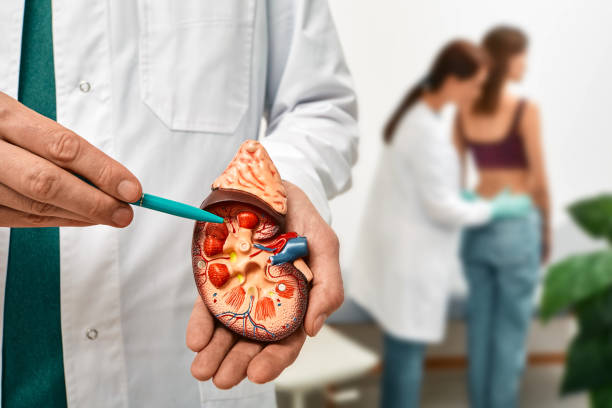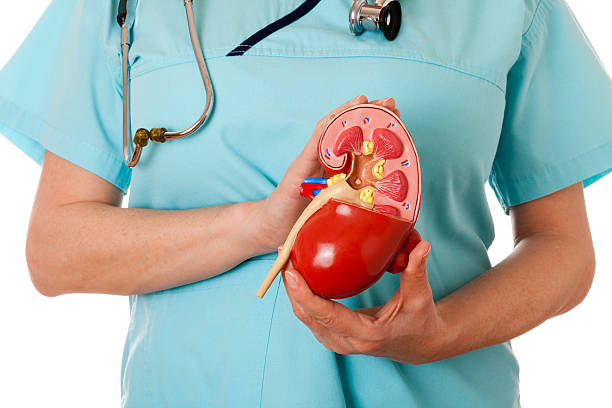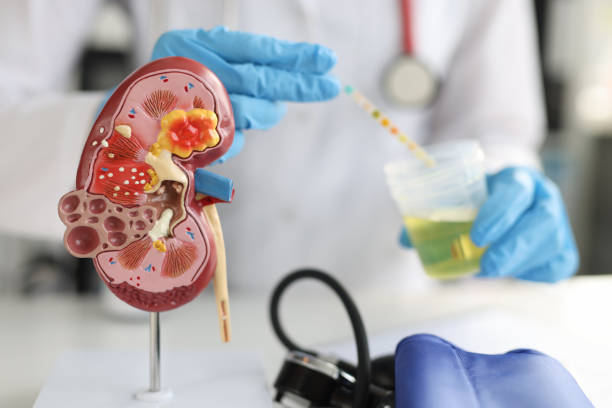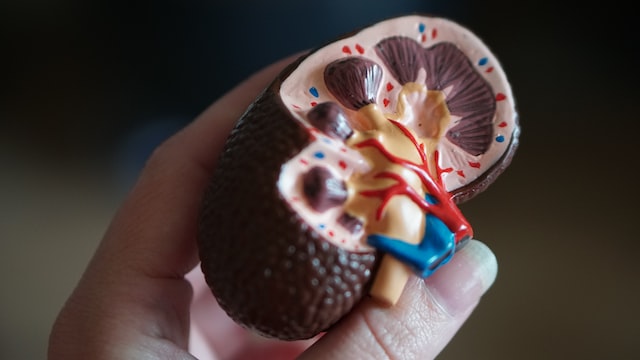Your kidneys are vital organs that play a crucial role in maintaining your overall health and well-being. Located in your lower back, these bean-shaped organs are responsible for filtering waste and excess fluids from your blood, regulating your blood pressure, and maintaining the balance of electrolytes in your body. Without healthy kidneys, your body would be unable to properly filter waste and excess fluids, leading to a build-up of toxins and an increased risk of serious health problems. Unfortunately, there are many daily habits that can harm your kidneys and lead to long-term health problems. Some of these habits may seem harmless, but they can have a negative impact on the health and function of your kidneys. In this blog, we will explore 10 daily habits that may be harming your kidneys and what you can do to protect your health. By being aware of these habits and making small changes to your daily routine, you can take steps to maintain the health and function of your kidneys and promote overall well-being.
Consuming too much salt:

Consuming too much salt can harm your kidneys and lead to high blood pressure, which can increase your risk of kidney disease. The American Heart Association recommends limiting your daily intake of salt to no more than 2,300 milligrams, which is about one teaspoon.
Drinking too much alcohol:
Drinking too much alcohol can harm your kidneys and increase your risk of kidney disease, as well as other health problems such as liver disease and high blood pressure. It’s important to drink in moderation, and to be aware of the recommended guidelines for alcohol consumption, which are no more than one drink per day for women and no more than two drinks per day for men.
Not drinking enough water:

Dehydration can harm your kidneys and lead to kidney stones and other health problems. It’s important to drink enough water to keep your body hydrated, and to be especially mindful of your fluid intake during hot weather or when you are physically active.
Using over-the-counter painkillers frequently:
Over-the-counter painkillers such as ibuprofen and acetaminophen can harm your kidneys if they are taken frequently or in high doses. It’s important to use these medications as directed and to be mindful of the recommended dosage.
Skipping meals:

Skipping meals can harm your kidneys and lead to malnutrition and other health problems. It’s important to eat a balanced diet and to consume regular meals to keep your body nourished and healthy.
Not getting enough exercise:
Lack of physical activity can harm your kidneys and lead to obesity and other health problems. It’s important to get regular exercise to keep your body healthy and strong, and to maintain a healthy weight.
Smoking:

Smoking can harm your kidneys and increase your risk of kidney cancer and other health problems. It’s important to quit smoking to protect your health and the health of those around you.
Consuming too much sugar:
Consuming too much sugar can harm your kidneys and increase your risk of diabetes and other health problems. It’s important to be mindful of your sugar intake and to choose foods and beverages that are lower in added sugars.
Ignoring symptoms:

Ignoring symptoms such as back pain, blood in your urine, or frequent urination can be harmful to your kidneys and may indicate a more serious health problem. It’s important to pay attention to your body and to seek medical attention if you are experiencing any unusual symptoms.
Not getting enough sleep:
Lack of sleep can harm your kidneys and lead to other health problems such as high blood pressure and diabetes. It’s important to get enough sleep to allow your body to rest and repair itself, and to aim for 7-9 hours of sleep per night.
Conclusion:
Your kidneys are important organs that play a crucial role in your overall health and well-being. They are responsible for filtering waste and excess fluids from your blood, regulating your blood pressure, and maintaining the balance of electrolytes in your body. Unfortunately, there are many daily habits that can harm your kidneys and lead to long-term health problems. By being aware of these habits and making small changes to your daily routine, you can take steps to protect your health and maintain the health and function of your kidneys.

